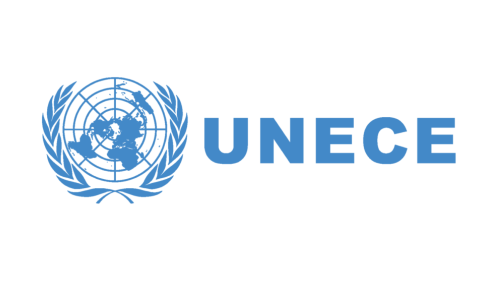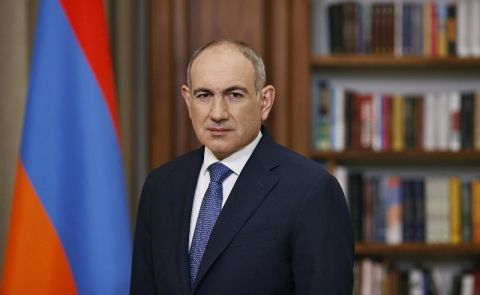
Pashinyan Calls for Mutual Recognition of Borders, Accuses Azerbaijan of Destructive Stance
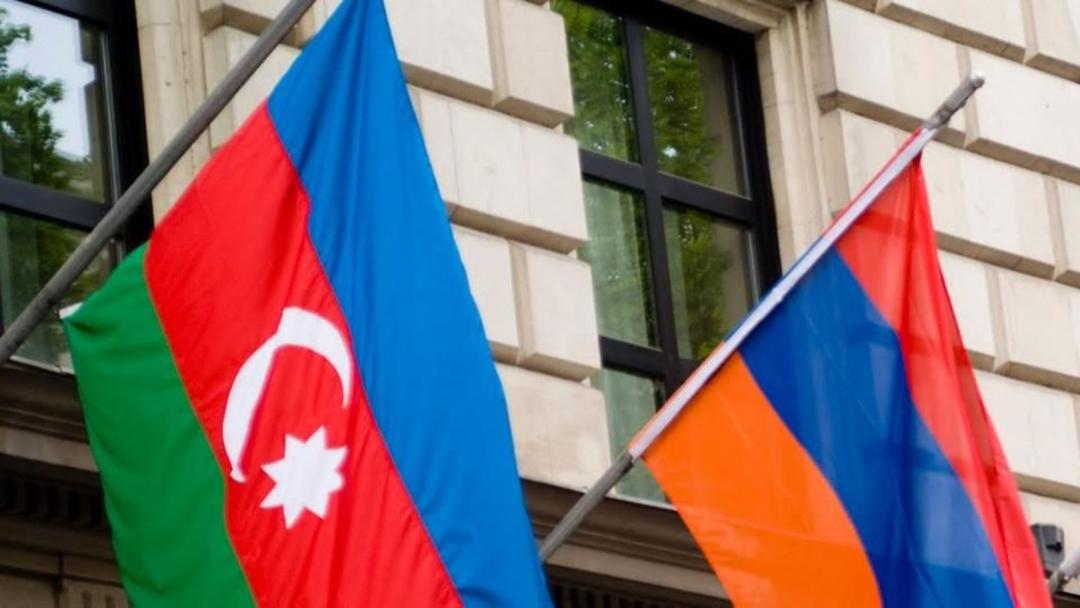
During a government session on February 15, Armenian Prime Minister Nikol Pashinyan addressed Armenia's stance on the reproduction of borders with Azerbaijan, emphasizing its constructive nature. Pashinyan stated that Yerevan is prepared for a mutual withdrawal of troops from the borderline following the reproduction of administrative borders from the USSR era.
He proposed that to facilitate troop withdrawal, it's essential to delineate the border on both the ground and maps, with troops from both countries withdrawing accordingly. Pashinyan noted that Armenia is willing to engage in concrete solutions based on previously negotiated principles, such as the mutual recognition of borders outlined in the 1991 Alma-Ata Declaration.
However, Pashinyan criticized Baku's stance, describing it as destructive. He pointed out that Azerbaijan has refused to recognize the occupation of vital territories of 31 non-annexed Armenian villages while focusing on discussions about the territories of four villages.
Pashinyan reiterated Armenia's readiness for tangible solutions, suggesting that technical work be done to demarcate the de jure border of 1991 and resolve issues regarding enclaves and exclaves. He mentioned that, if necessary, Armenia is open to delimiting the border with Azerbaijan district by district.
Despite Armenia's willingness to engage in border delineation discussions, Pashinyan criticized Baku's preference for local solutions instead of broader, mutually agreed-upon frameworks. He emphasized the importance of comprehensive negotiations to address border-related issues effectively.
Pashinyan addressed the recent escalation on the border with Azerbaijan. He recounted that Azerbaijani media reported on February 12 about an alleged Armenian fire at the border, resulting in the injury of an Azerbaijani serviceman. In response, the Armenian Military Police initiated an investigation, emphasizing the Defense Minister's directive to prevent ceasefire violations and provocations, with the implication of legal consequences for violations.
Pashinyan highlighted that despite Armenia's commitment to investigate the incident, Azerbaijan resumed heavy fire the following day, resulting in the deaths of four Armenian personnel. He asserted that Azerbaijan's actions demonstrate a persistent policy of military coercion against Armenia, indicating a lack of interest in border stability and security.
The Prime Minister recalled an agreement in 2022 to include border security issues in the mandate of the border delimitation commissions of both countries. "However, Azerbaijan, contrary to the agreement, formed a commission solely focused on state border delimitation, excluding the security component," he said. Pashinyan interpreted this as part of Azerbaijan's strategy to obtain its objectives through negotiations or, failing that, through military means.
He expressed concerns that Azerbaijan aims to instigate military actions in specific border areas to escalate into a full-scale war against Armenia. Pashinyan cited official Baku's statements and actions as evidence of this intention, emphasizing the need for vigilance and diplomatic efforts to maintain peace and stability in the region.
During the government session, Prime Minister Pashinyan called the statements of the Azerbaijani leadership regarding the necessity to change the Armenian legislation before the peace agreement between the two Transcaucasian republics is signed an interference in the internal affairs. "Recently, official statements about Armenia's legislative field have been heard from Baku," the PM stated. "This is a violation of Armenia's sovereignty and interference in internal affairs. Attempts to claim that there are clauses in Armenian legislation preventing the conclusion of a peace treaty have nothing to do with reality," Pashinyan pointed out. He stated that during the negotiations, Armenia and Azerbaijan agreed on several aspects of the draft agreement "On Peace and Establishment of Interstate Relations." "One of them stipulates that the parties cannot refer to their legislation to avoid fulfillment of any clause of the peace agreement," he added.
"Consequently, there are no provisions in Armenian legislation that would prevent the conclusion of peace," Pashinyan concluded, emphasizing that this is not only a political but also an expert assessment.
Response from Azerbaijan
The Ministry of Foreign Affairs of Azerbaijan responded to Nikol Pashinyan's statements.
Azerbaijan highlighted Armenia's claims against the territorial integrity and sovereignty of Azerbaijan, noting that Armenia has not complied with agreements and maps from 1991 and the Alma-Ata Declaration. Azerbaijan urged Armenia to abandon its claims against Azerbaijan's territorial integrity if it genuinely seeks peace. Azerbaijan refuted Pashinyan's accusations of aggression, stating that Armenia's provocations on February 12 disrupted stability. Azerbaijan held Armenia responsible for the escalation and questioned Armenia's commitment to investigating the injury of an Azerbaijani soldier.
Baku disputed Pashinyan's claims regarding the occupied territories of Armenia, highlighting Armenia's obligations to return villages to Azerbaijan. Azerbaijan also questioned Armenia's failure to adhere to agreements and maps regarding territorial boundaries. Baku called out Armenia for its “contradictory actions”, citing Armenia's claims against Azerbaijan's territorial integrity in its Constitution, legislative acts, and international statements. The ministry urged Armenia to demonstrate genuine support for its neighbors' territorial integrity.
The Azerbaijani ministry emphasized: "Armenia has obligations to return 8 villages of Azerbaijan, highlighting Armenia's responsibility in the context of territorial issues." Azerbaijan rejected Pashinyan's assertion that Azerbaijan had occupied 31 villages, calling it political manipulation.
See Also

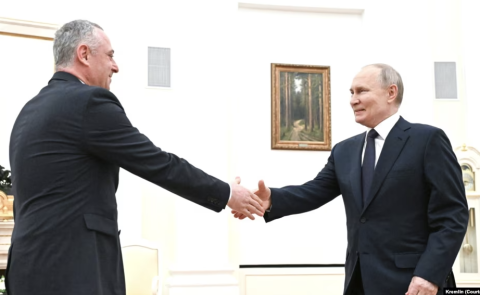
Abkhazia’s Separatist Leader Discusses Relations with Russia

CoE Commissioner Addresses the Georgian Government
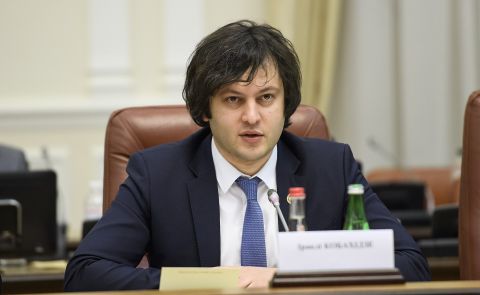
Kobakhidze Announces Plans to File Lawsuit to Ban the "Collective National Movement"
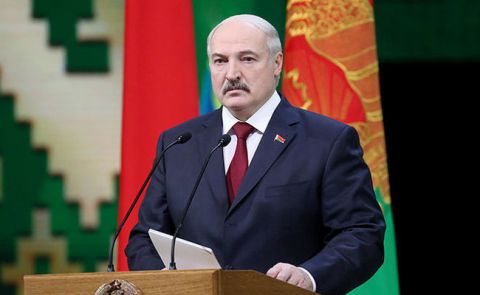
Belarus Affirms It Has Never Been an Adversary to Georgia
